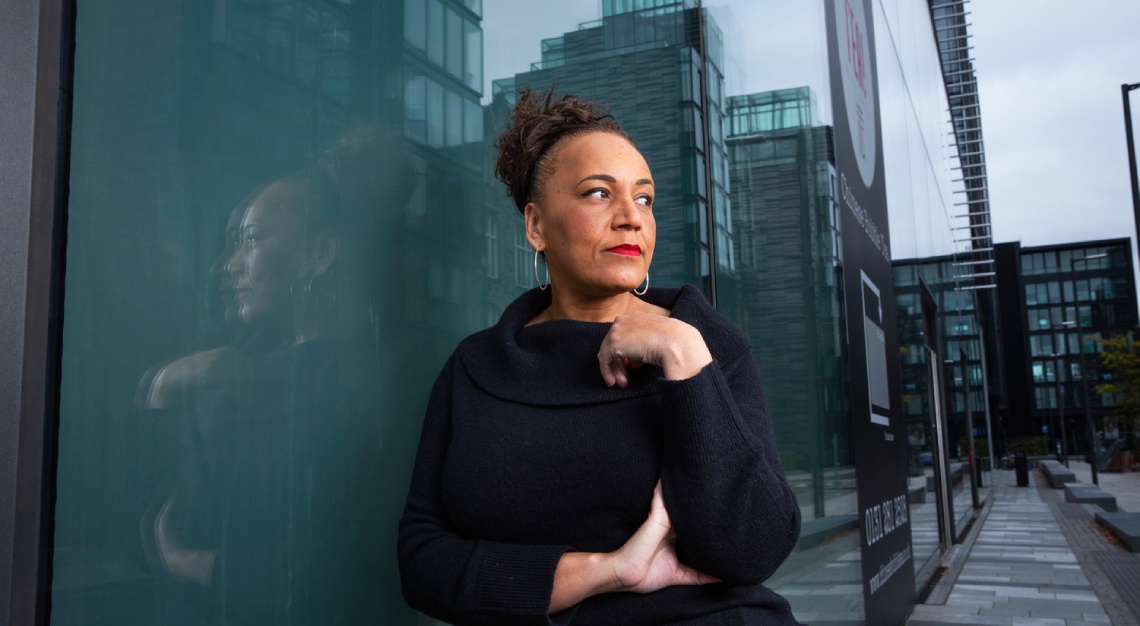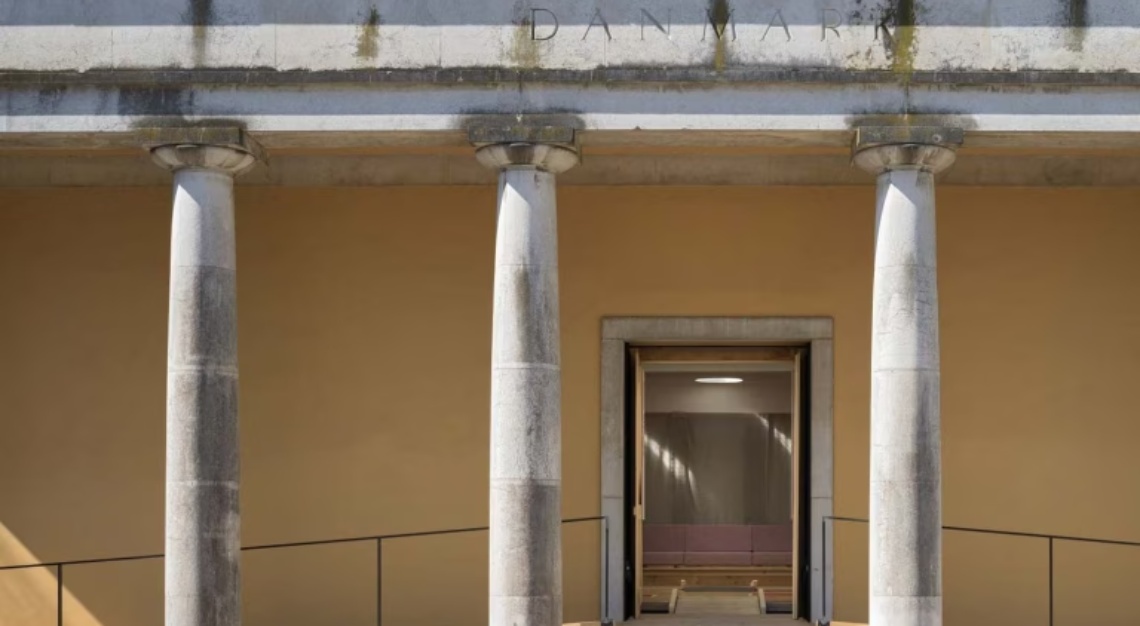Below, some of the highlights in store at this year’s Venice Architecture Biennale
The world’s biggest architecture festival is about to kick off. Curated by Ghanaian-Scottish architect and academic Lesley Lokko, the 18th-edition of the Venice Architecture Biennale will take place from 20 May through 26 November 2023. As with past iterations, this year’s Biennale promises to be a platform to deepen the architectural conversation across a broad spectrum of topics, featuring some of the top names in architecture like David Adjaye and Francis Kere.

The main exhibition
Titled The Laboratory of the Future, the main exhibition at this year’s Venice Architecture Biennale will be divided into six sections and puts Africa firmly in the spotlight. A total of 89 contributors will form the main show, with over half of them coming from Africa or the African Diaspora—a first-ever for the Biennale.
“Africa is the laboratory of the future. We are the continent with the world’s youngest population, the fastest urbanisation, growing at a rate of four per cent per year,” ” said Lokko during a press conference. “The show will focus on Africa, but we are not only talking about Africa—we use it as a place in order to try and understand everything everywhere. After all, the Biennale itself is a workshop for the future.”

The national pavilions
There will be representatives across 63 countries at this year’s Biennale, spread across dedicated pavilions in the Giardini park, the Arsenale and the city centre of Venice. Notable first-timers include Niger and Panama. Some countries have already announced the themes for their respective exhibitions, although more will be unveiled in the coming weeks. The Danish Pavilion, for instance, will be curated by Josephine Michau in collaboration with landscape architectural firm Schønherr, focusing on climate change and the rising sea levels. Unbuild Together, the title of the Uzbekistan National Pavilion, will explore the Kalas of Karakalpakstan, ancient fortresses dating back to the Khorezm civilisation.
The events
Launched in tandem with the main exhibition will be a new feature called Carnival—a series of lectures, discussions, films and performances spanning the Biennale’s entirety—designed to further engage the public and enhance the present architectural discourse.
On a more educational front, this year will also see the unveiling of the Biennale College Architettura programme, whereby 50 students, early career practitioners and academics from around the world will be placed under the tutelage of 15 renowned architects (such as Marina Otero, Nana Biamah-Ofosu and Sarah de Villiers) over the course of four weeks.






